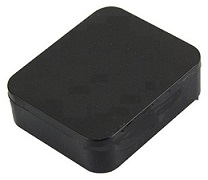NattyDread
Well-Known Member
- Joined
- Jan 14, 2013
- Messages
- 232
- Reaction score
- 0
Anyone used this cellular technology for finding a rocket?
https://cart.amwprox.com/index.php?...t_id=767&virtuemart_category_id=19&Itemid=474
https://cart.amwprox.com/index.php?...t_id=767&virtuemart_category_id=19&Itemid=474






